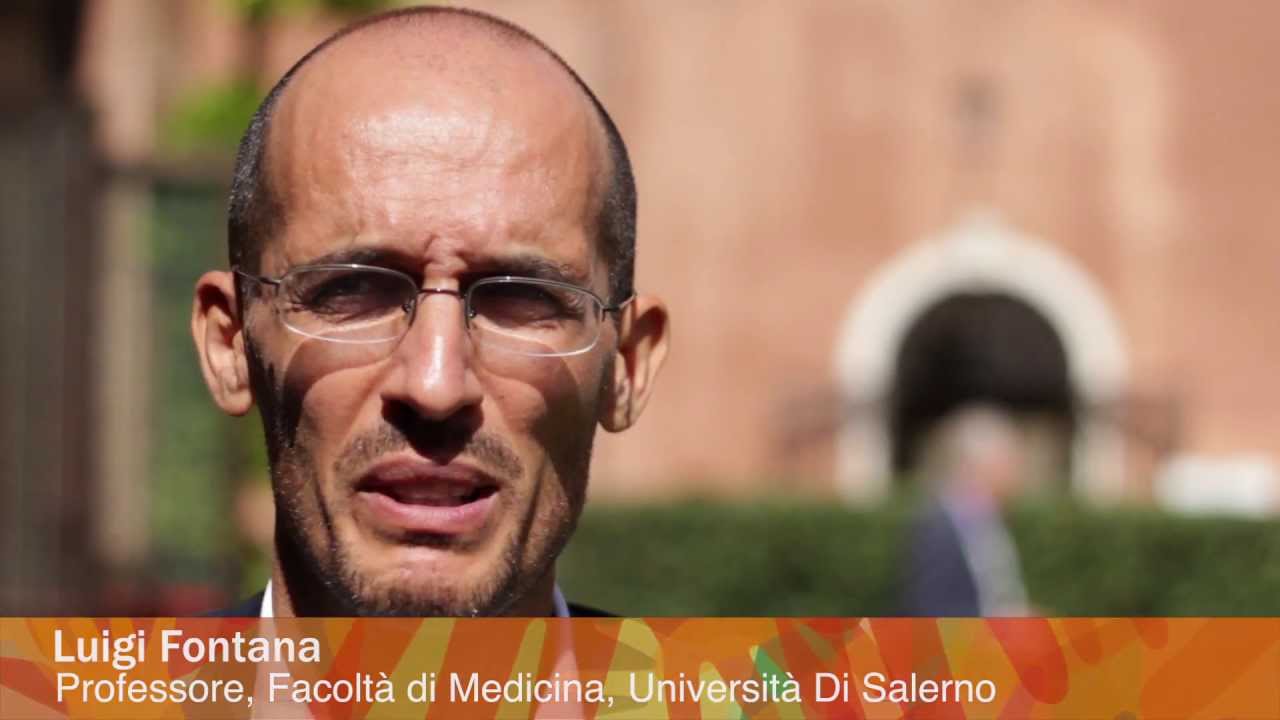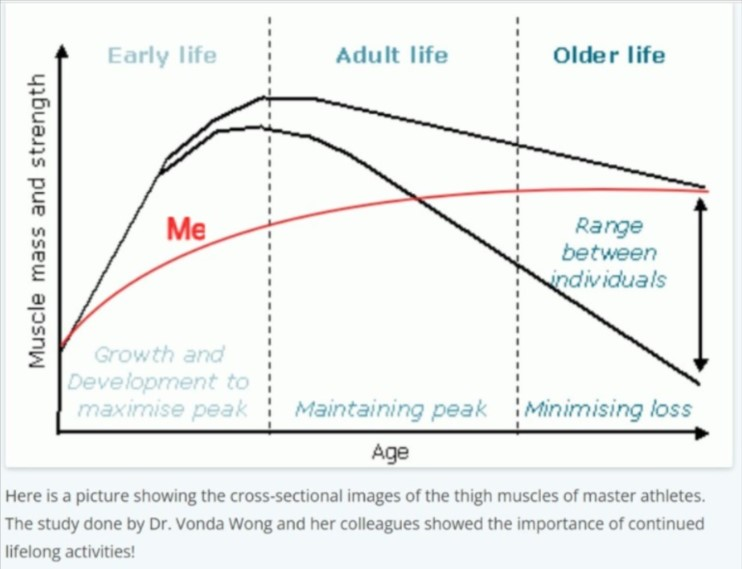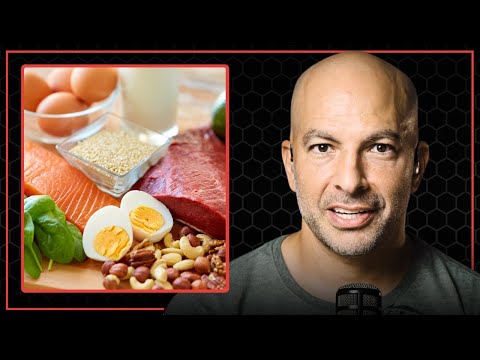Sunday, not much to do but blog, blog blog. 
Peter Attia has a very good discussion on protein requirements vs age etc.
He also makes an argument for why protein intake is not limiting lifespan.
You are not going to increase muscle mass without adequate protein intake, period.
Frailty and sarcopenia are not an option for me. I compare myself to other 80-year-olds around me and figure I must be in the upper 5 -10% in fitness and certainly the upper 5% in strength. I belong to a gym with a lot of members and there are very few, if any at my age, with my level of physical strength and general health.
The problem, I have, is getting the 1gm/lb he recommends for someone my age.
That is close to 2 lbs. of steak every day. I have 4 - 6 oz of steak with breakfast most days.
I get the rest of the protein mainly from protein (whey) shakes and protein bars.
I am currently getting ready for an N=1 experiment to prove that an 82-yr. old can not only maintain muscle mass but increase mass. Spoiler alert, I already know this to be true, but I have not properly documented it.
I will be getting fairly comprehensive baseline bloodwork done before I start.
When I start I will publish the before picture and in 90 days the after.
The before picture will show the result of going to the gym on a regular basis since 2006, and in spite of the fact that I have had below normal T, DHEA, and also fall on the low end of estrogen.
2016

2023
My clomiphene arrived. I hope it works to raise my T without too many unpleasant side effects because I now have a lifetime supply. 
I am not sure of the dosage because the doses that people are taking are wildly variable.
It is hard to find a recommended dosage because that also seems to be wildly variable.
I am going to start with 25mg every other day. Some people say they take 50mg daily but that seems too much. I will monitor my T levels monthly.
If anyone has personal experience with clomiphene I would appreciate any insight as to dosage.
My only change at the gym will be to increase the total volume of weights used for resistance training.
Another observation at the gym is that previous “body-builders on steroids” don’t age well and even though they remain well-muscled, they look older than their age and have obviously not been able to maintain muscle mass. I am thinking, they peaked too soon.
I have been thin most of my life, with a few exceptions, and I am an ectomorph and what is called by gym rats, a hard gainer.
I don’t believe that I have lost any muscle mass because I have been steadily and slowly increasing muscle mass.
This figure represents my self-perceived journey:







